

Article
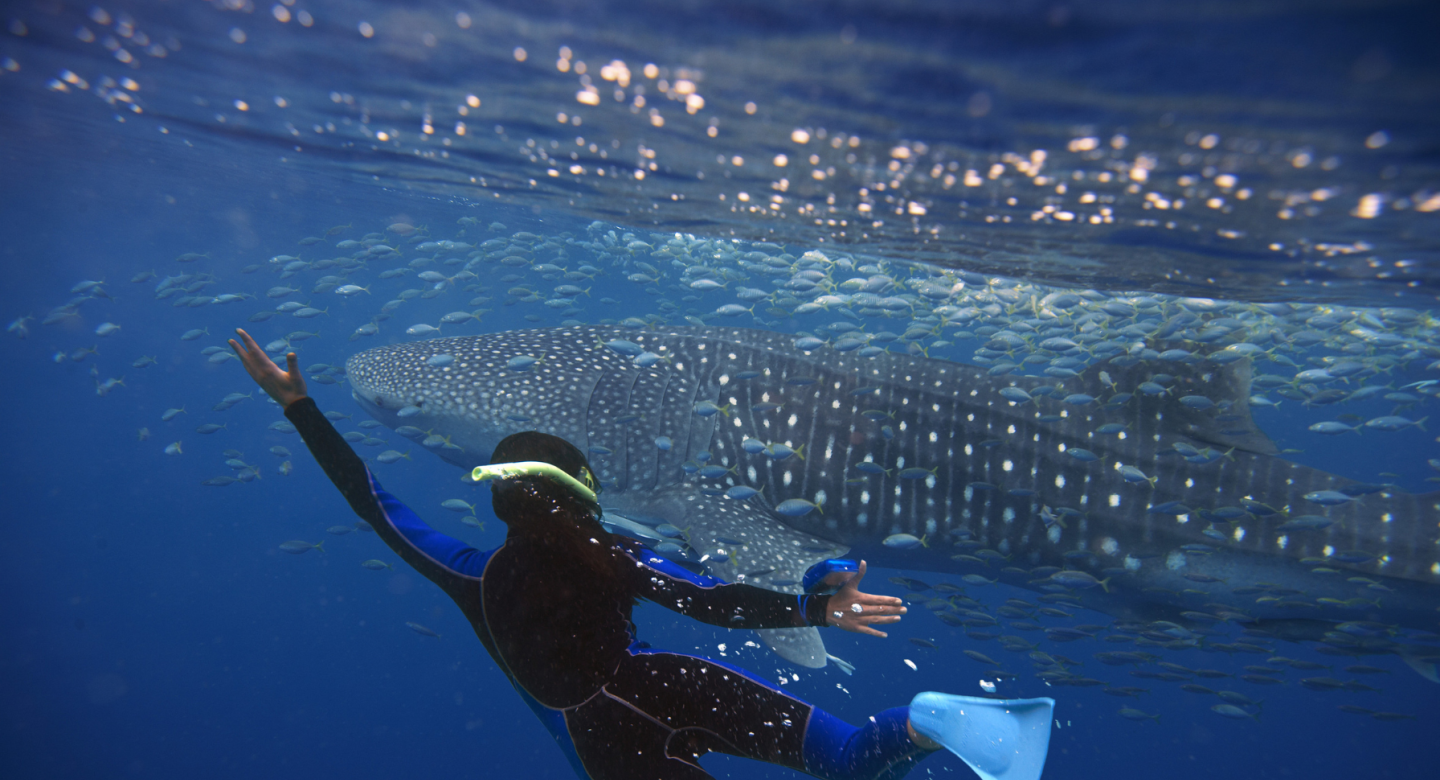
In light of World Wildlife Day and the upcoming UN 2023 Water Conference, we’re taking a moment to reflect on ocean wildlife and marine biodiversity. Sadly, ocean wildlife faces many of the same threats as land wildlife. Overfishing, water pollution, and habitat destruction lead to serious declines in populations of important species. From sea turtles and sharks to coral reefs, the impact of these weakening ecosystems has significant, far-reaching impact on the health of our oceans and the planet as a whole.
Biodiversity and wildlife are essential to the health of our planet, but they’re facing unprecedented threats like habitat destruction, climate change and in many places, poaching. The loss of biodiversity and wildlife doesn’t just have significant consequences for the planet. People are also becoming directly affected. With a range of conservation policies and initiatives, the Netherlands is investing in restoring wetlands and forests, creating new habitats for birds, mammals and aquatic life. But we can’t ensure the long-term survival of species alone. We look to our partners across the globe to jointly take action in boosting biodiversity and preserving life on Earth.
Our oceans are rich in wildlife, with an estimated 240,000 marine species already recorded and hundreds of new ones discovered every year. Whales, the largest of all sea creatures, are unique in that they are found in every ocean. They play a crucial role in maintaining the health and balance of the oceans.
These immense creatures help regulate food chains, sustaining a healthy balance of species within the ocean ecosystem and promoting healthy populations of fish and other marine organisms. They also contribute tremendously to the cycling of nutrients within the ocean ecosystem. Their excrement, which is rich in nutrients, provides a vital source of food for phytoplankton and other marine organisms, helping to support the entire food chain.
And if that wasn’t reason enough to put whales in the limelight this week, they also play an essential role in the global carbon cycle by storing large amounts of CO2 in their body. Once they die, the carbon sinks to the bottom of ocean, not escaping their body. One thing for certain is, increasing whale population greatly mitigates the effects of climate change.
The sad reality is that in countless areas around the globe, these ocean greats are under threat. Hundreds of thousands of whales, dolphins and porpoises are killed every year as a result of fishery bycatch. Increasing ship traffic, habitat destruction and climate change are also impacting whale populations.
But there is hope. WWF (World Wide Fund for Nature), along with their scientific partners, actively carry out research across the globe to survey the state of ocean wildlife. Last year, a global conservation project was launched to safeguard migration routes of whales who navigate long distances every year between breeding and feeding areas. Ensuring safe passage for these friendly giants can have a direct positive impact on marine biodiversity.
The report highlights the importance of whale routes and how the cumulative effects of industrial fishing, ship collisions, pollution, habitat loss and climate change along those routes are dangerous and often deadly barriers to whales.
To create a safe haven for whales and dolphins within the Caribbean, the Netherlands and WWF-NL have teamed up with Colombia, France and local NGOs. Together, we’re enhancing regional collaboration and connecting transboundary protected areas across whale superhighways, also known as Blue Corridors.
Ensuring rich wildlife populations and working with nature is key in tackling climate change and ensuring a liveable future for people and planet. And just like us, WWF Netherlands believes that the way forwarded relies on international collaboration. Through the Regional Leatherback Action Plan, WWF has brought together countries in the Northwest Atlantic region to reverse the severe decline of leatherback turtles in the region and steer the species to recovery.
Co-founders of the “Room for the River” programme, WWF believes in working with nature and not against it. An approach adopted by the Netherlands for decades. Forests, grasslands, oceans and rivers are all key for a stable climate and the absorption of CO2. Protecting coastal areas with mangrove forests and coral reefs helps shield us from extreme weather conditions in changing climates, while flowing rivers and floodplains protect us against flooding. These solutions are only possible if we respect, appreciate and protect nature. Ensuring rich wildlife populations in these natural areas is an non-negotiable in tackling climate change and ensuring a liveable future for people and planet.
Water and biodiversity are intimately intertwined and interdependent on each other. The conservation and sustainable use of one resource is crucial for the survival of the other. And with biodiversity, both marine and on land, high on the Netherlands’ agenda, we’re actively working to protect it through a range of initiatives and policies. Managing sustainable fisheries and reducing plastic pollution, for example though the Plastic Pact, are just some examples of practices in place.
Partnering up with knowledge institutes, business, governments and NGOs is an essential step in taking concrete action to address the global threats facing the oceans. By implementing sustainable practices and working together with our international partners and stakeholders, we’re embarking on the global journey to protect the health and resilience of our oceans.
With the UN 2023 Water Conference on the agenda of the global community, it’s a great time to reflect on the condition of our oceans. The UN Environment Programme will make high-level water commitments. let’s come together and set clear goals for water action. They’ll also be co-leading a dialogues on water for climate resilience and biodiversity. Ensuring the long-term survival of species is a job no one can tackle alone. Today, more than ever, we look to our partners across the globe to jointly take action in boosting biodiversity and preserving life on Earth and under water.
Are you ready to take #WaterAction?
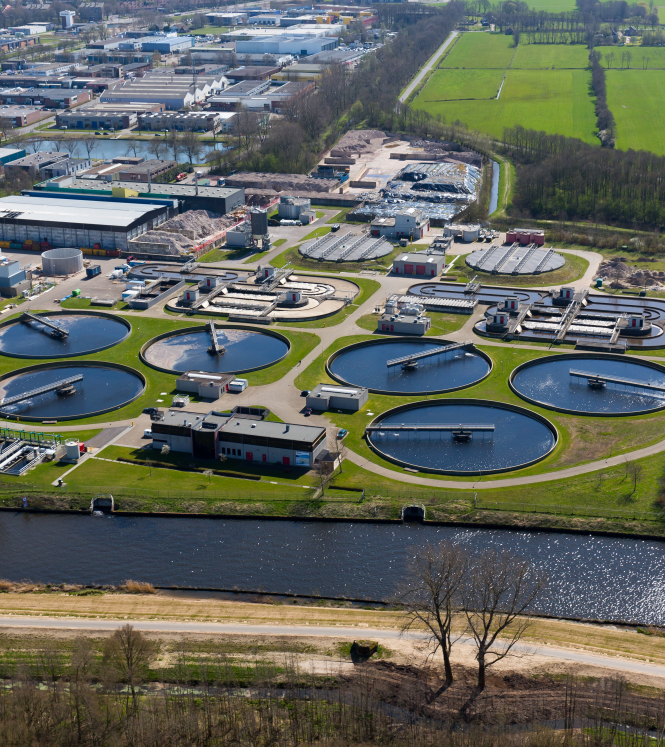
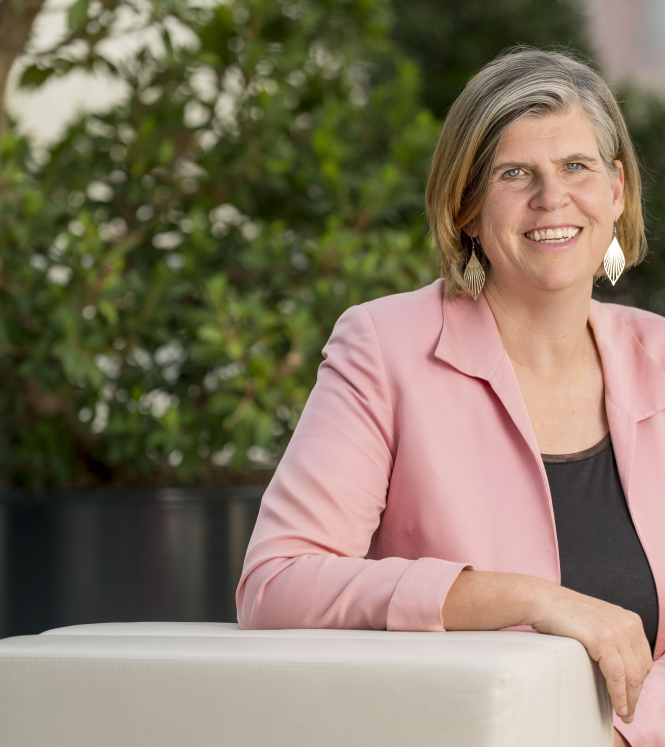
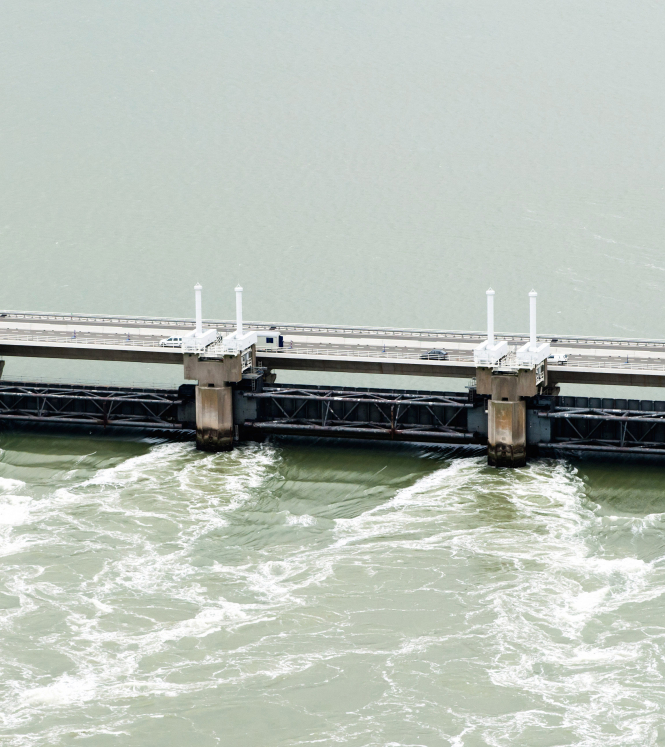
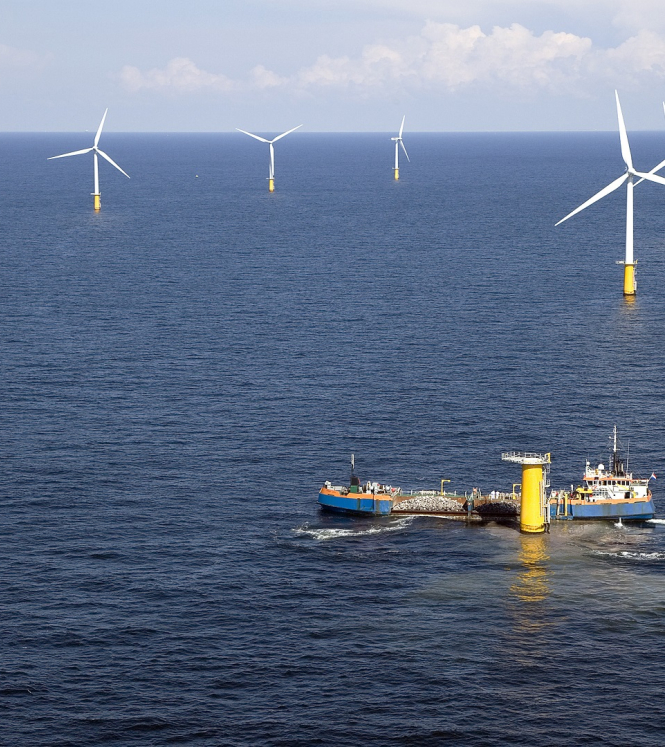
Want to know more about how you can work together with the Netherlands to achieve your goals? Or how you can help contribute to or spread the word on campaigns, events and initiatives? Contact us directly at info@nlplatform.nl so we can help you connect to the right people.